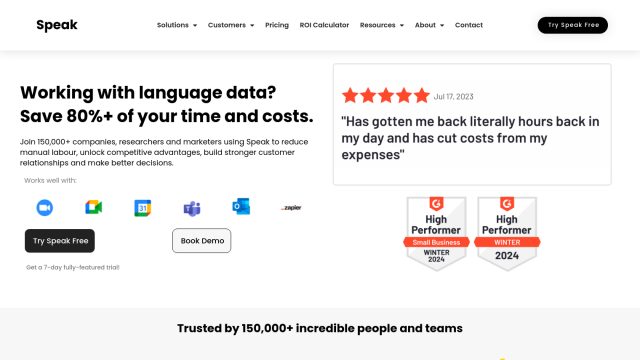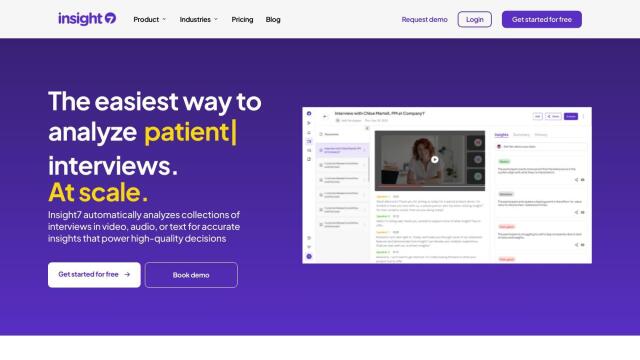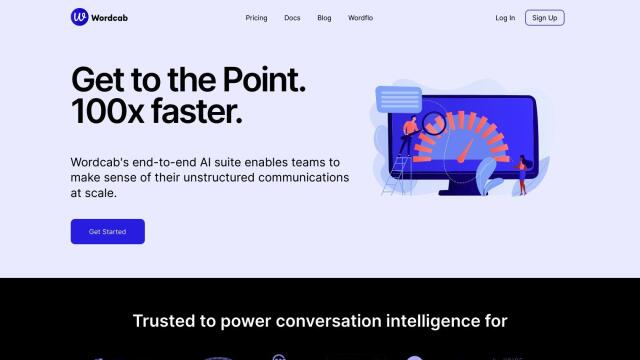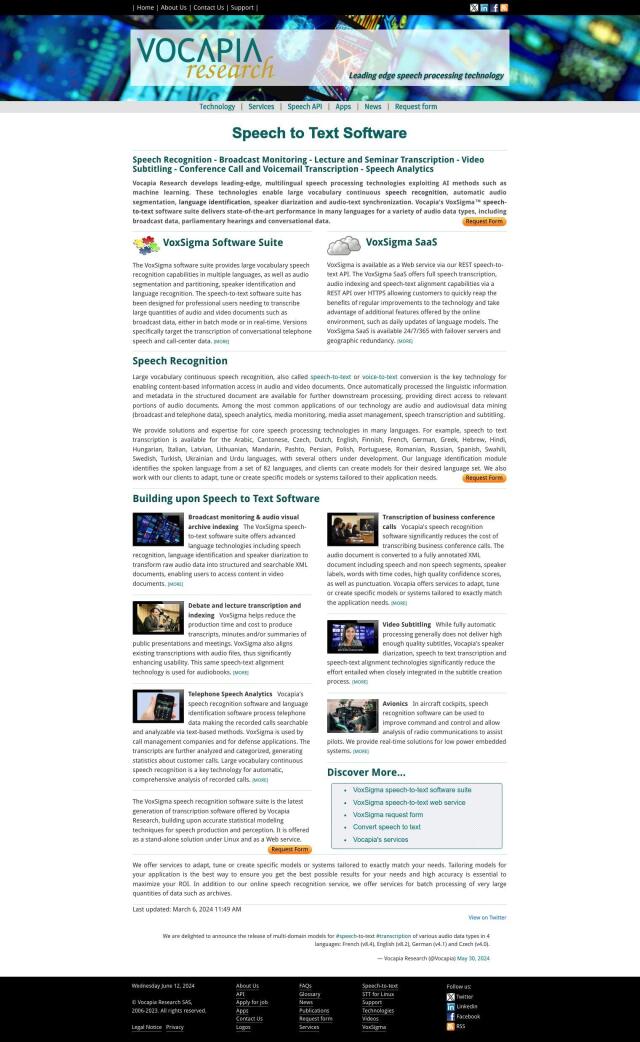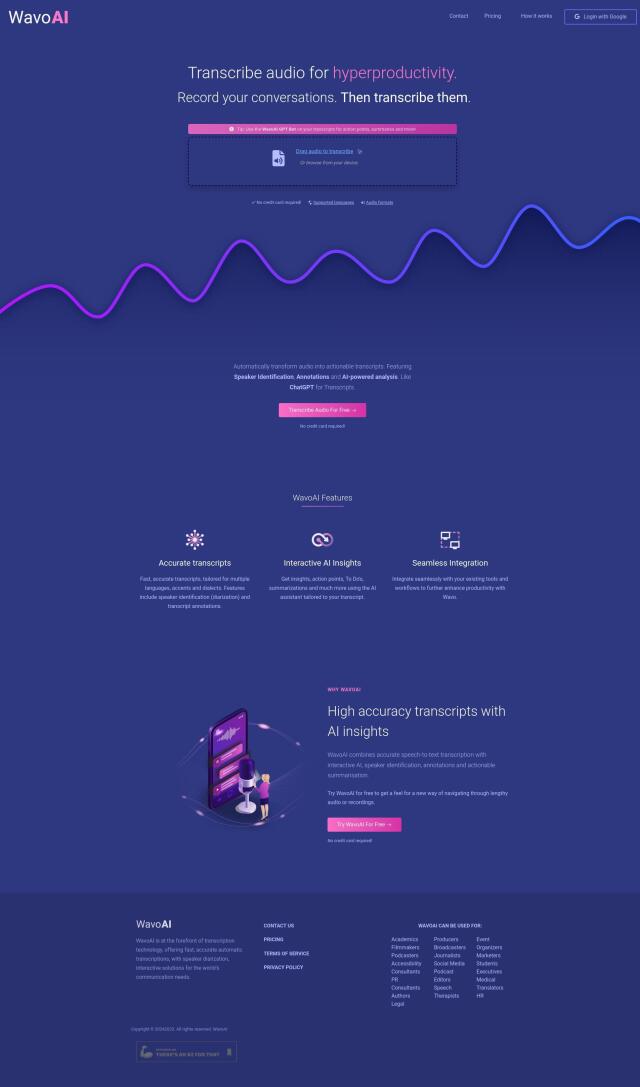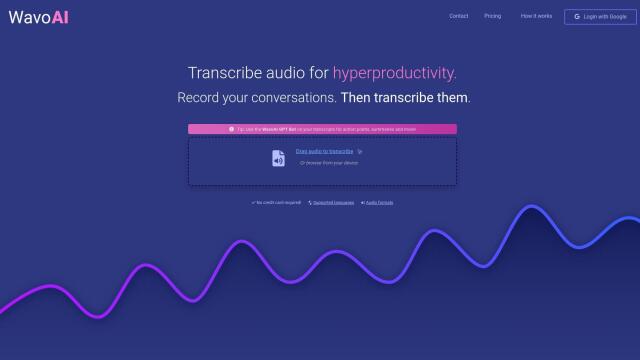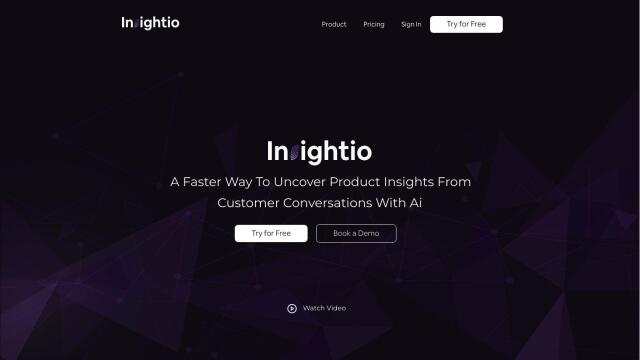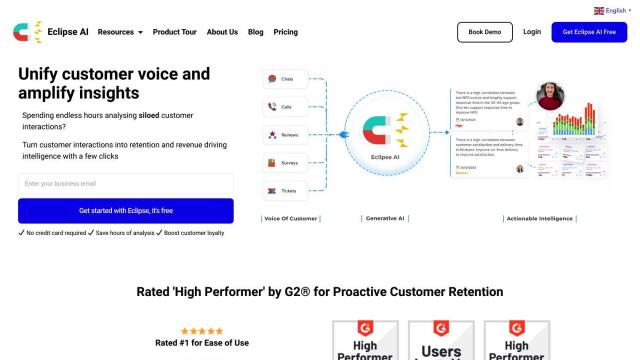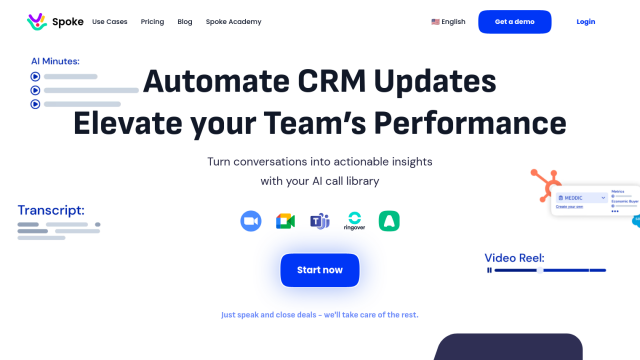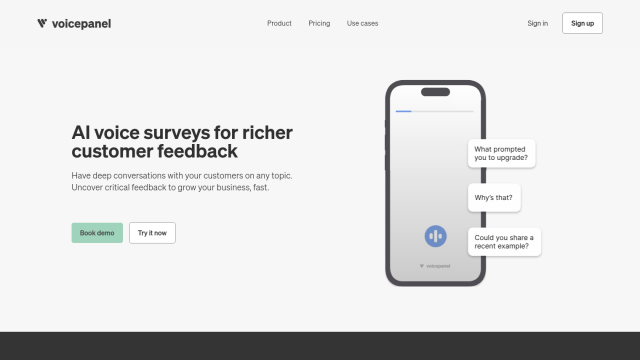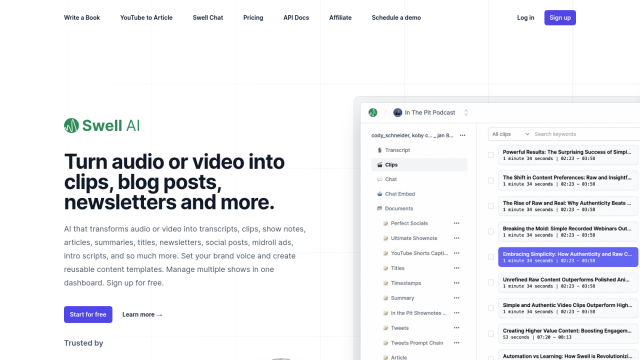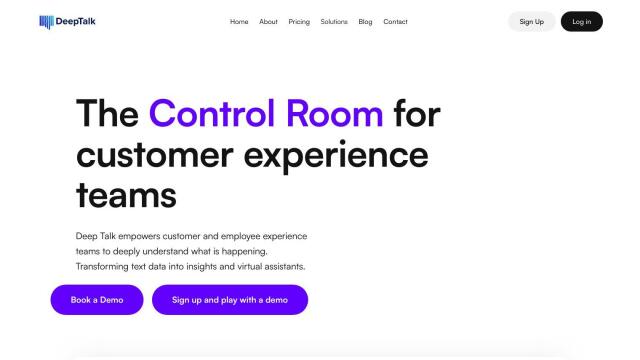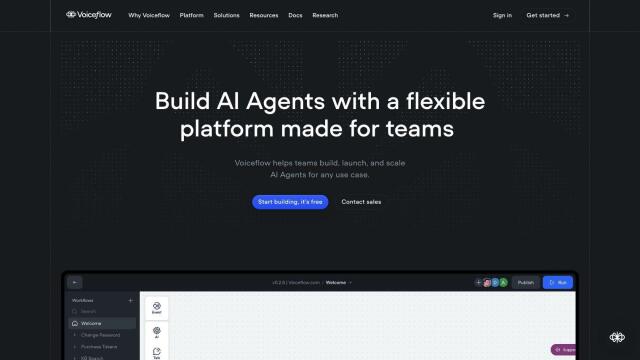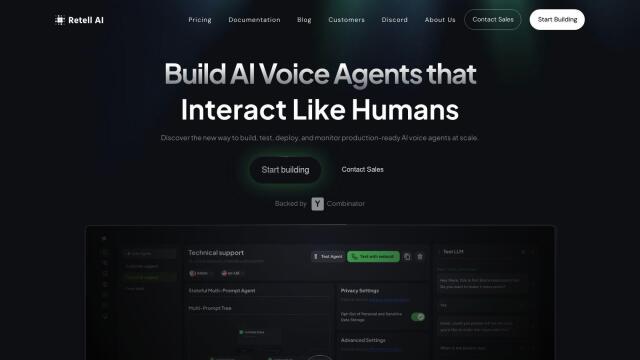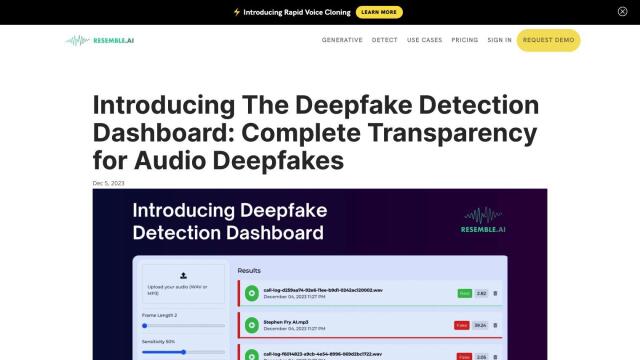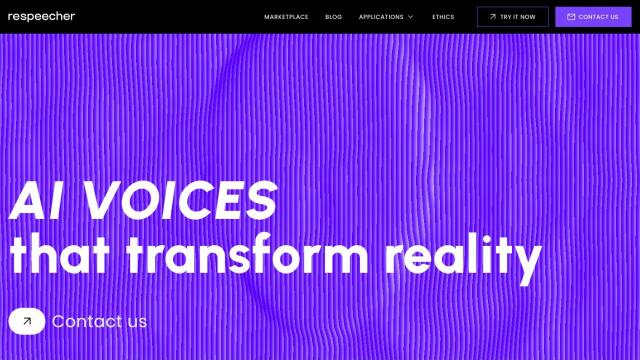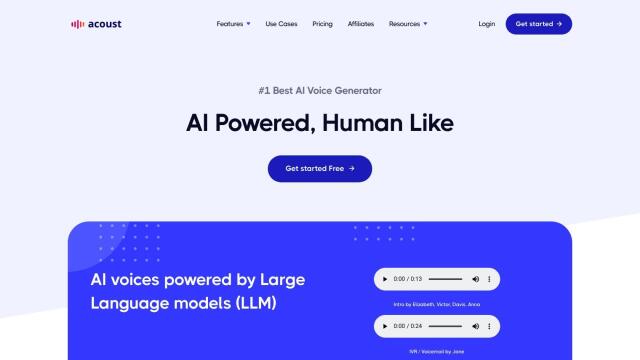Question: I'm looking for an AI solution that can analyze voice data and extract insights, do you know of any options?

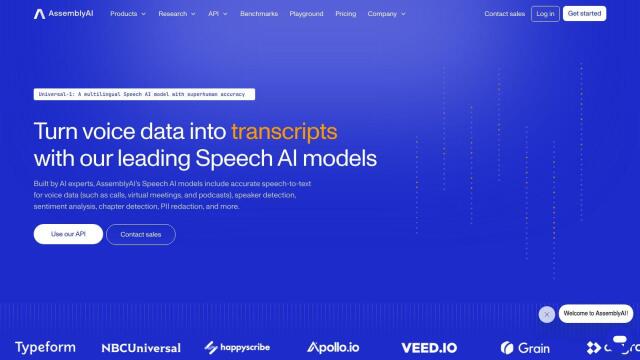
AssemblyAI
If you need an AI system to process voice data and extract useful information, AssemblyAI is a good all-purpose option. It's got a variety of AI models for speech-to-text transcription, speaker identification, sentiment analysis, and other tasks, all trained on 12.5 million hours of multilingual audio data. Integration tools and pricing options include a free tier and pay-as-you-go plans, so it's a good option for companies building their own AI products that use voice data.


Gladia
Another option is Gladia, which uses optimized Whisper ASR technology for high-accuracy transcription and business insights. It can handle multilingual speech-to-text translation and has options like speaker diarization, code-switching and word-level timestamps. Gladia's API is designed to fit into many tech stacks, and it's got end-to-end security and encryption, so it's good for content and media, virtual meetings and call centers.

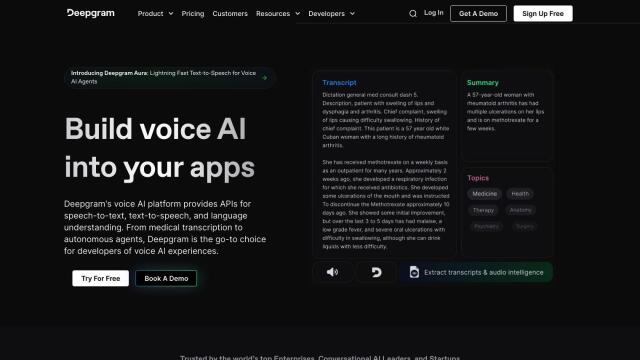
Deepgram
If you need something more flexible, Deepgram offers APIs for speech-to-text, text-to-speech and audio intelligence. It can handle many languages and offers a lot of transcription data details, which makes it good for speech analytics, media transcription and contact centers. A free API playground and transparent pricing make Deepgram a good option for extracting insights from conversational audio at large scale.

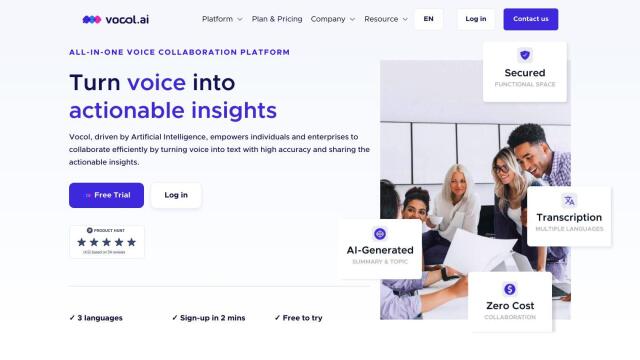
Vocol
And Vocol offers a GPT-powered voice collaboration platform that turns speech into useful text with high accuracy. It can handle multilingual transcription and offers AI-generated summaries, action item assignment and real-time collaboration tools. Vocol is good for increasing productivity and improving team collaboration by analyzing voice data effectively.

